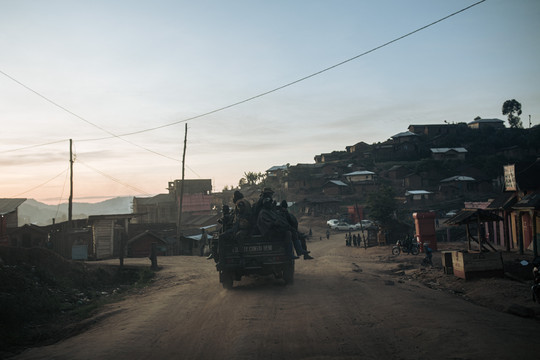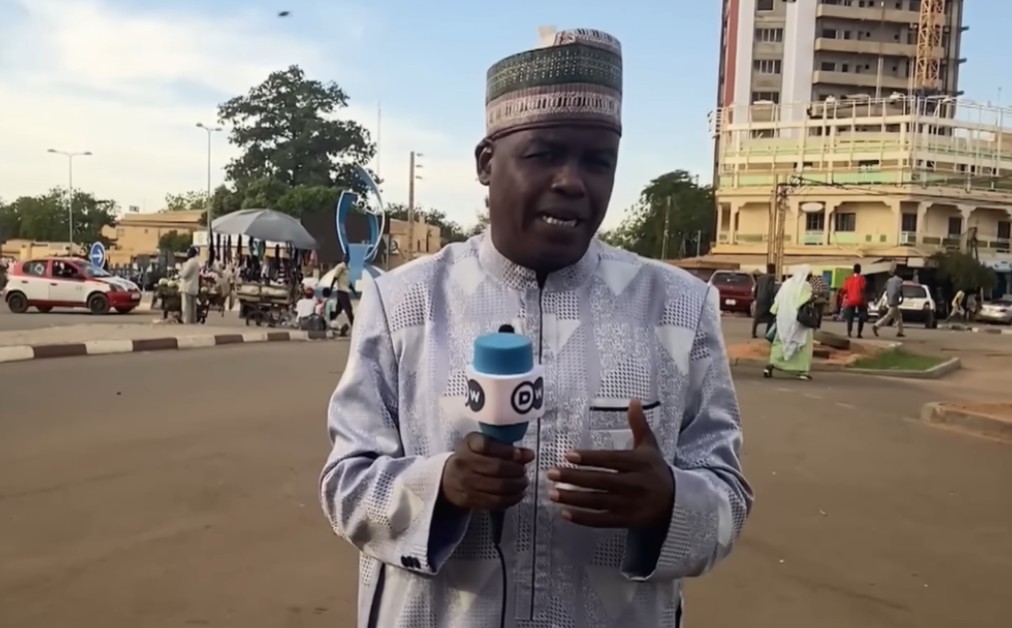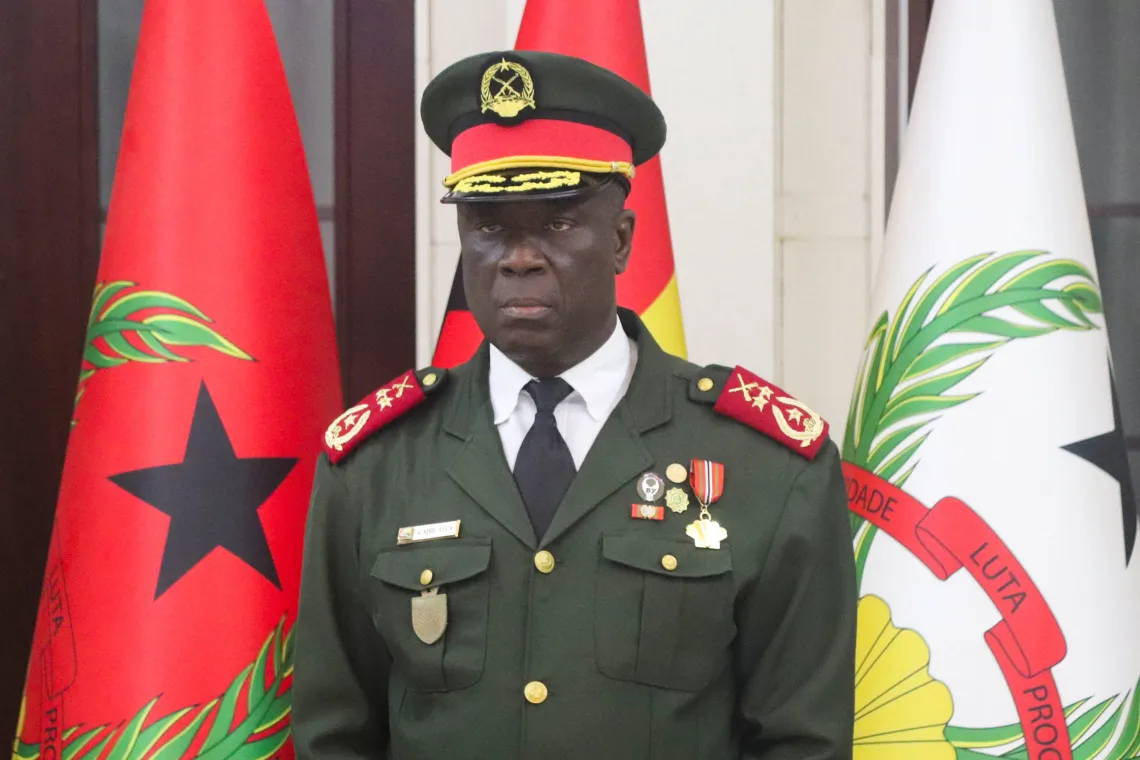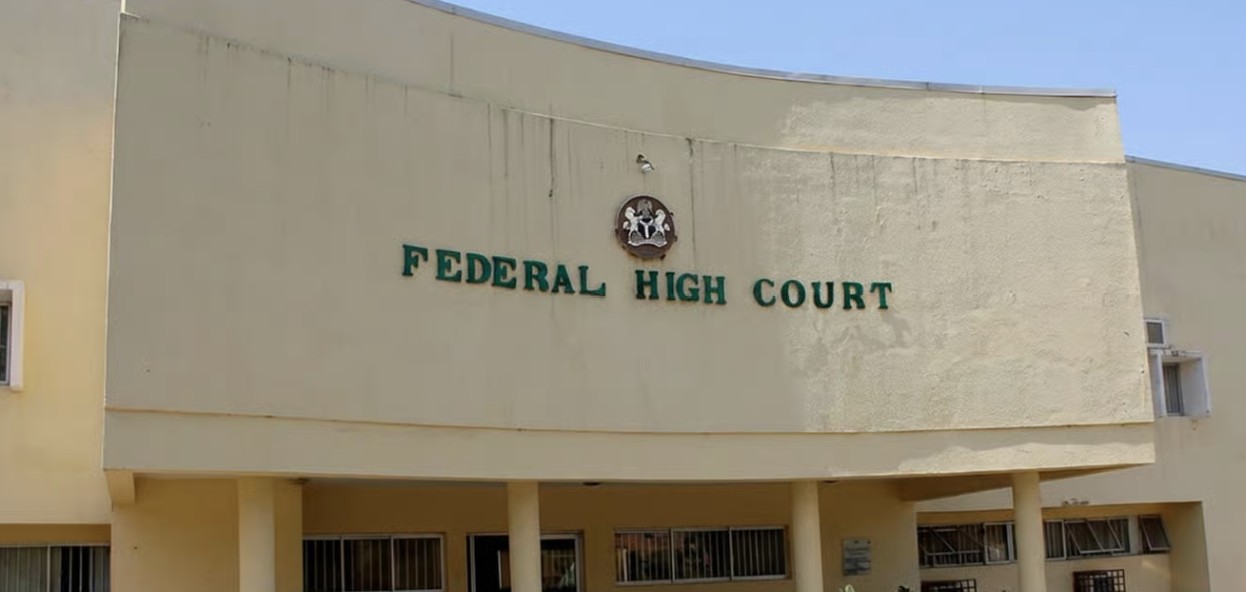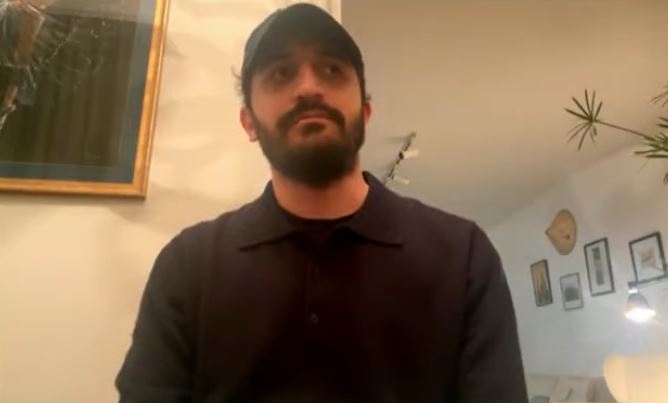
Beka Korshia’s Arrest and the Crackdown on Press Freedom in Georgia
December 12, 2024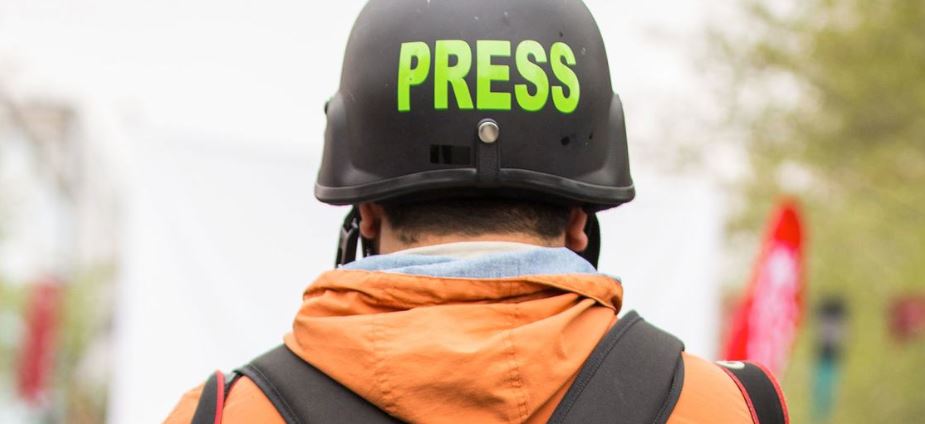
At least 68 journalist killings in 2024, UNESCO reports
December 12, 2024December 12, 2024 – Congo –
The brutal murder of journalist Yoshua Kambere Machozi in the Democratic Republic of Congo’s North Kivu province has sparked international condemnation and renewed fears over the safety of local journalists in conflict zones. Machozi, a presenter for Mpety Community Radio (RCMP), was abducted on October 29, 2024, during a raid on the station by suspected M23 rebels. His body was found days later on November 6 along a riverbank near the village of Katobi, just four kilometers from the town of Mpety.
Machozi hosted both music and sports programming but, like many community journalists, served a critical role in disseminating information in an area plagued by armed conflict and limited access to national media. His killing marked the second journalist murder in North Kivu within two months and brought the total number of journalists killed in Africa in 2024 to at least nine, according to the International Federation of Journalists (IFJ).
UNESCO Director-General Audrey Azoulay condemned the killing, emphasizing the indispensable role community media play in conflict-affected regions. She called on Congolese authorities to investigate the crime and ensure that justice is served. Reporters Without Borders (RSF) also denounced the murder, describing it as another disturbing chapter in the campaign of violence against independent media in eastern Congo.
The M23 rebel group, which has intensified its activity in North Kivu, is believed to be responsible for a growing number of attacks on journalists and civil society institutions. In Machozi’s case, the raiders not only abducted him but also looted the radio station, effectively silencing a vital voice in the region.
This killing highlights the deadly risks faced by community journalists, who often lack institutional protection and work in environments where lawlessness and impunity prevail. Despite calls from international organizations, accountability remains elusive. The Congolese government has yet to deliver substantive investigations or prosecutions for recent journalist killings, fueling a dangerous cycle of violence and silence.
Machozi’s death is not just a personal tragedy—it is a warning. Without justice and protection, the media’s role in conflict zones will continue to erode, and with it, the voices of entire communities.
Reference –

